Next year will be a tough year. Control Risks, the global business risk consultancy, said the year 2016 will be a challenging year for businesses. Published on Monday, its RiskMap highlights the problems – Terrorism, Middle Eastern Instability, Cyber-Risk, Chinese Economy in Transition and European Financial and Political Uncertainties.
As Russia flexes its military muscles in Syria, teasing United States; the U.S. in turns flexes its muscles in South China Sea, intimidating China. President Vladimir Putin, Barack Hussein Obama and Xi Jinping are locked into an impasse, each diverting his own domestic issues and showing off and nullifying the others’ influence overseas.
The cyber threat will grow as U.S., Russia, China, North Korea and more nation states engage in cyber operations and criminal attacks on government and corporate networks become increasingly damaging. China is still struggling to adapt to a new era of 6% economy growth.
Relationship between Russia and Turkey is worsening after the Su-24 shot down incident. On December 13, a Russian warship had to fire warning shots at a Turkish trawler to prevent a collision (or a possible suicide bombing) in the Aegean Sea because the fishing boat was reportedly steering towards the Russian battleship and ignored all communications from the Russians.
A day later, a Russian missile cruiser and a coast guard powerboat had to intervene after a merchant vessel flying the Turkish flag blocked a convoy transporting two drill platforms, worth a staggering 25 billion rubles (US$357 million), to a new location in Moscow’s territorial waters. The Turkish vessel was eventually chased off by the Russian convoy.
The Syrian War which brought Russia-Turkey crisis into picture creates instability in the already fragile Middle East. Al-Qaida is regrouping in the Yemen while the Daesh (IS, ISIS, ISIL) continues to entrench its “caliphate” ambitions. Starting with the Charlie Hebdo massacre in Paris, an attack on British tourists in Tunisia, the downing of a Russian jet and Paris attacks, ISIS isn’t giving 2016 a break.
Europe is fractured, dealing with growing nationalism at home and failing to provide co-ordinated responses to challenges such as terrorism, regional security threats and migration. Certain countries could be closing borders to prevent the flow of mainly Syrian migrants fleeing civil war at home because there’s no way to tell if terrorists have infiltrated.
Facing continuous discontent at home over the refugee crisis, it seems Mother Theresa Merkel has finally admitted defeat on Monday by promising to reduce its intake on refugee. Still, it could be merely political rhetoric and the Paris attacks have already divided the 26 countries making up the EU over the reintroduction of border checking and control.
It was a sight that nobody could forget when television images of Russian President Vladimir Putin eating dinner alone at the 2014 G20 summit in Brisbane, Australia, were broadcasted. Russia had just annexed Crimea and Malaysian Airlines flight MH17 had just been shot from the sky. Nobody wants to be the unpopular naughty Putin’s friends.
Fast forward a year later, the same Russian president has launched airborne attacks on rebel and Islamic State positions in Syria. Amusingly, the same people who joked and laughed at “bully” Putin are fighting tooth and nail posing and selfieing with the new hero, whenever there’s a chance, because these people have a bigger bully – ISIS.
Richard Fenning, CEO of Control Risks, said that the report summarized that “we live in an age of surprises” and that businesses needed to be prepared. The fighting for balance of economic power between the East and the West, uncertainty about commodities prices, the metastasis of IS and other risks will continue to threaten unprepared businesses.
“We have seen how agile start-ups can subvert entire industries, how firebrand celebrities can single-handedly alter a country’s political landscape, how corrupt governments can be jolted into reform by angry protests, how terrorists can use social media and the internet to revolutionize their operations, and how skilled cybercriminals can steal sensitive data from even the most secure corporate databases”.
Other Articles That May Interest You …
- ISIS Have Passport Printing Machine – They May Have Entered U.S. Already
- Get Ready For A Second Round Of Chinese Yuan Devaluation
- Forget About US$30 Oil Price – It Could Hit US$20 Per Barrel Next Year
- Here’s Why Turkey Could Be Alone In A “Nuclear War” With Russia
- Russian Jet Shot Down – How Putin Brilliantly Turns It To His Advantage
- Paris Attacks – Western Superpowers Playing With Fire They Couldn’t Control
- Russian Airstrikes Prove Why Putin Is A Better Leader Than Obama
- These 8 Charts Show How China’s Economy Meltdown Spreads To The World
- Saudi’s Past Arrogance & Terrorists Funding – Is This Karma?

|
|
December 15th, 2015 by financetwitter
|


|

|

|

|

|

|






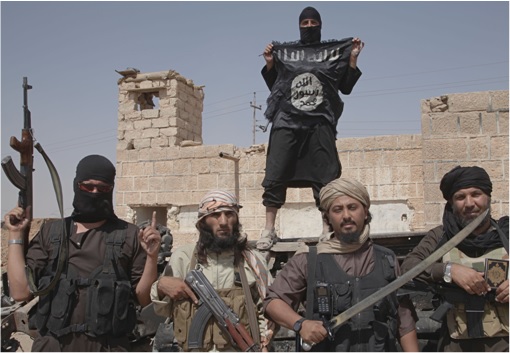
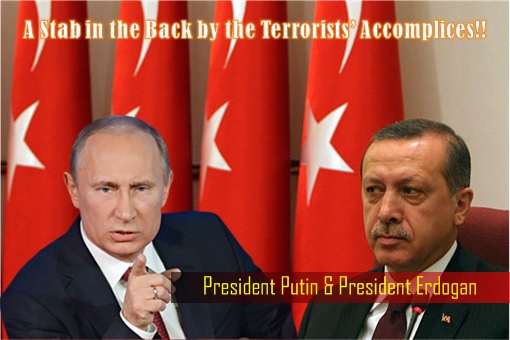
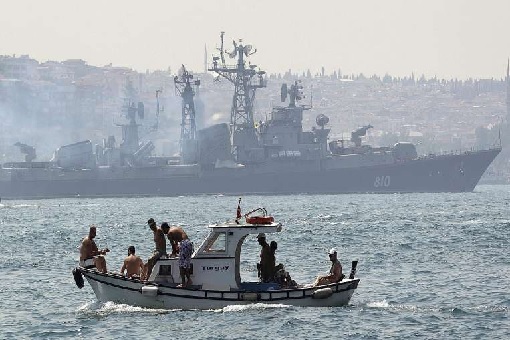
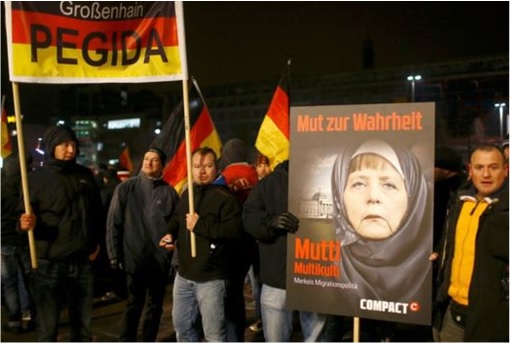
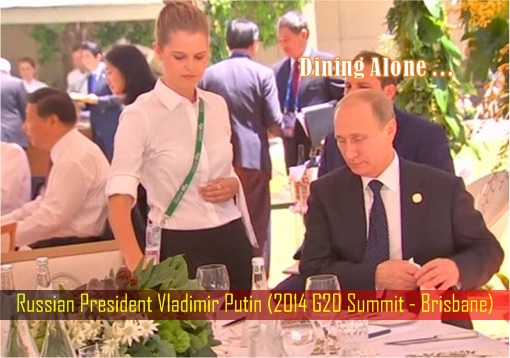























What about us back home? Many firms are downsizing/relocating or even closing shop outright, and we are not even taking the money-making GST, toll/price increase……… So shall we just tighten our belts or just change our lifestyle (as though there is one in the first place) as our ” loyal but not so smart leaders” suggested….Tough it may be, the businessmen will still survive, for the ordinary folks 2016 will be bad, really really bad…..